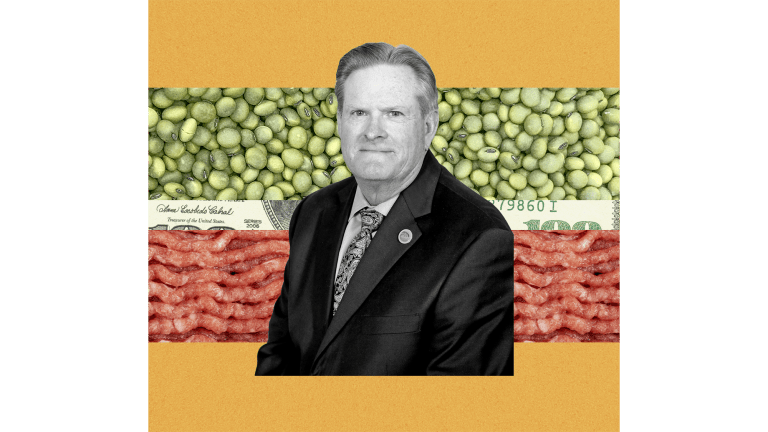
“If fossil fuels are the problem, wouldn’t running out of them be good?”
There’s an old joke about economists and other Panglossians that bears on this question:
A man leaps off the top of a skyscraper and, as he passes by each floor, true to his optimistic tendencies, he says, "Well, so far, so good."
Running out of fossil fuels is like this man running out of floors. The critical thing is not to jump … i.e., not to commit all that carbon to the atmosphere in the first place.
The spreading realization that "peak coal" might be a lot closer than folks previously realized might invite some to think that Gaia will survive because, hey, if the fossil fuels run out, there’s no more prehistoric carbon to pump into the atmosphere, so we will start being smart and living on our solar income by force.
There are at least two problems:
- It conflates “peak” with “end of,” a very dangerous misunderstanding.
- It overlooks that, for industrial societies, "running out" is a consequence of depletion — in coal’s case, through combustion. In other words, the only way we "run out" of coal is by releasing all that carbon into the atmosphere.
On the first point, remember that peak means the point of greatest abundance — the point where the supply peaks (hence the name). According to the logistics curve, it occurs when about half the commodity of interest is consumed — meaning that half remains. That is, in technical terms, a ginormous amount.
On the second, I can’t say it better than this guy, R.T. Pierrehumbert:
Coal is the main threat to climate because there is not enough carbon in conventional oil or natural gas reserves to double the atmosphere’s carbon dioxide. We can only double the atmospheric concentration of carbon dioxide through a considerable amount of coal-burning, which is what we seem to be headed toward doing. In fact, it is estimated that potential coal resources are sufficient to enable us not just to double the amount of carbon dioxide in the atmosphere, but to quadruple or nearly octuple the pre-industrial value.
With continued reliance on fossil fuels, continued economic growth, and an approach to parity between developing and developed countries, we could easily burn that much coal in two hundred to four hundred years.
Coal is a particularly pernicious fuel because, even burned efficiently, it puts fully a third more carbon dioxide into the air than natural gas for a given amount of energy released. In practice, the figure is even worse than this since the cheapest ways of burning coal waste a large amount of the energy, meaning that yet more coal has to be burned to produce the desired quantity of electricity.
Coal is cheap, so there is little incentive to invest capital in its efficient use unless the environmental costs of burning it are somehow internalized. As an environmental problem, oil may take care of itself through rising supply limitations, but coal will not–there is simply too much of it.
That’s from R.T. Pierrehumbert’s “Climate Change: A slow-motion catastrophe,” pages 15-16 (PDF).
Read the whole thing; it’s just 24 pages, and it is maybe the best overview and summary of the overall problem I’ve found.



